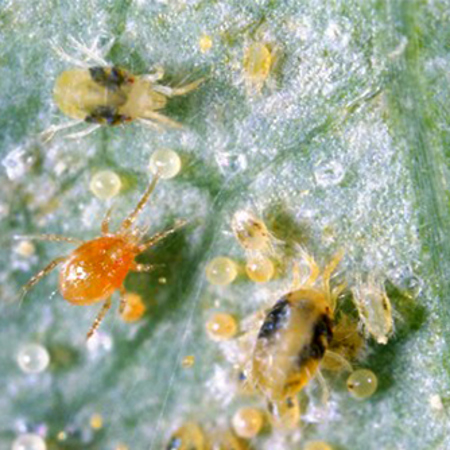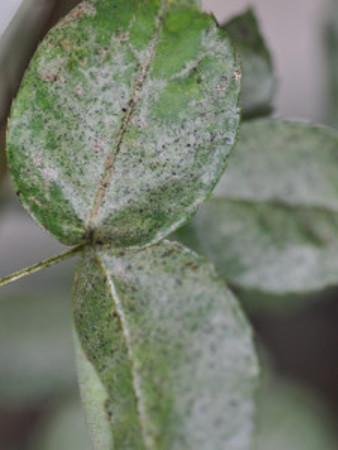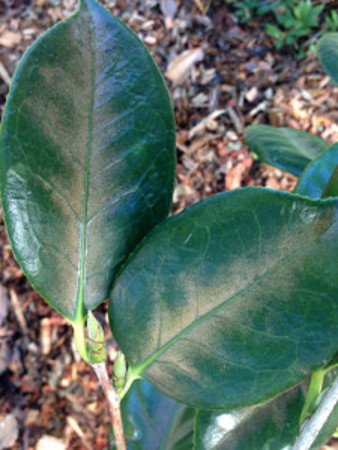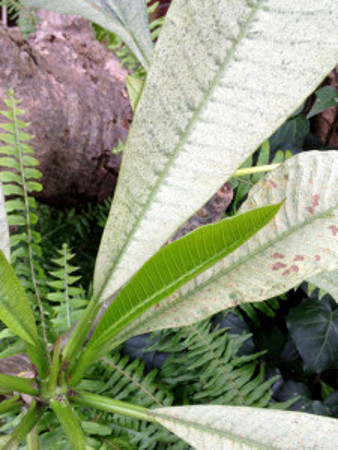Mites
BackMites are small eight legged creatures which suck out the contents of plant cells. There are many different types but most are less than 1mm in size making them difficult to see. They tend to live on the underside of leaves and as they feed the foliage begins to lose its greenness in small irregular patches. As mite numbers grow the speckling on the leaves becomes more pronounced until leaves look bronzed, silvery or grey.
Mites will also feed on young shoots and fruits causing damage which is only apparent when the growth/fruit gets larger. Fine spider webbing is also noticeable when mite numbers are large (mites are in the spider family).
Plants Attacked
Broad range including roses, azaleas, camellias, beans, cyclamen, figs, orchids, gerberas and more.
Organic Control Methods for Mites
Spray with any of the following: OCP eco-oil, OCP eco-neem, OCP eco-insect killer or OCP eco-pyrethrum PLUS. Ensure good coverage, especially on the underside of leaves. A follow up spray is recommended.






